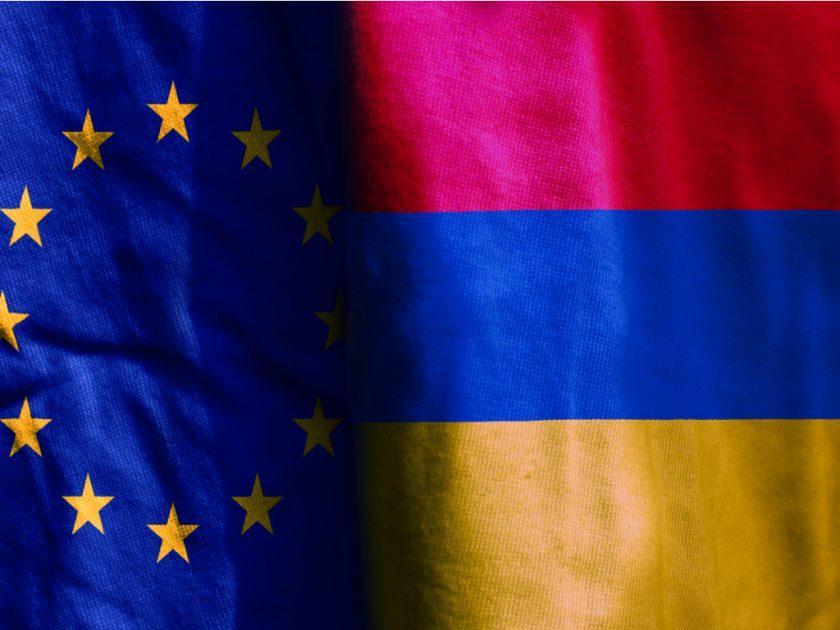Mariam Jamalyan and Anahit Karapetyan, analysts of “Enlight Studies” NGO
Recently, a number of Eastern Partnership countries have applied for membership in the European Union. Ukraine submitted a bid to join the EU in early March, shortly after the invasion began, and was followed within days by Georgia and Moldova, which were handed their respective questionnaires on April 11, on the sidelines of the Foreign Affairs Council in Luxembourg. StrategEast has interviewed leading experts from EaP countries. Here are the answers from Armenia.
Do you think those events (obtaining an EU accession questionnaire) will stimulate your country’s government to consider the possibility of applying for EU membership in the future. Will that positively affect your country’s economic and social processes? What key aspects (economic, political, social) are close to European in your country?
What needs to be improved?
Currently, there are no illusions about any immediate potential of EU accession for Armenia.
Since 2015 Armenia has been part of the Russia-led Eurasian Economic Union, along with Belarus, Kazakhstan, Kyrgyzstan, and Russia – providing for the free movement of goods, capital, services, and people, alongside common policy agreements across sectors including agriculture, transport, and energy. Militarily, Armenia has allied to Russia and the latter is the main guarantor for the security of Armenia and the de facto Republic of Artsakh (NKR).
In a nutshell, Russia is considered a strategic military partner because of its historical influence in the post-Soviet area, and the EU is considered for Armenia a key partner for reforms and values.
The EU is the second-largest trade partner of Armenia. Possible membership will definitely create new economic opportunities for Armenia. As for the impact on social processes, we believe that in the case of membership, the EU will contribute to the processes of democratization and institution building in the country more intensively.
Also, visa liberalization, the creation of greater educational opportunities, and different social events and activities will positively change the current social situation in our country.
In addition, Armenia is committed to the partnership with the EU in accordance with the 2030 Sustainable Development Goals. The EU and Armenia share common interests and values, notably in view of Armenia’s engagement in economic, judicial, and political reforms during recent years, starting from changing and approximation of the constitution to the digitalization of all public services.
The EU should be more proactive in the EaP region not only in the field of economic and sustainable development but also as an “player” who can offer anything more significant to it pater country/member state in key areas like energy and security. So far, it would be advisable to have less bureaucracy and a more pragmatic approach towards EaP countries.




